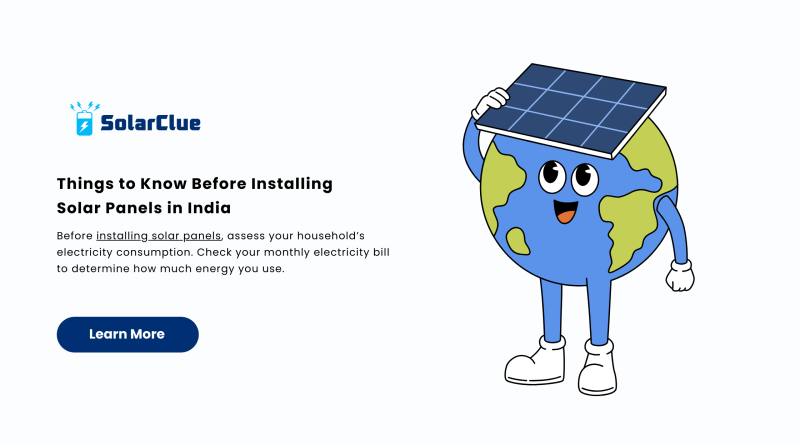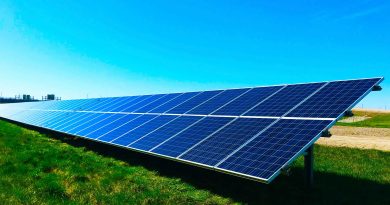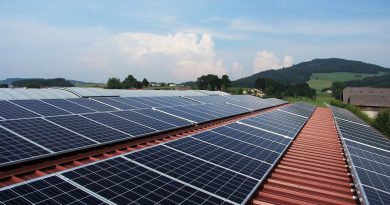Things to Know Before Installing Solar Panels in India
The growing adoption of solar panels in India is a testament to the country’s commitment to renewable energy. With increasing electricity costs and a push for sustainable living, many homeowners are considering solar power for home. However, before you invest in a solar power system, it’s essential to understand various factors like solar panel price, solar panel installation, Solar panel efficiency, and government incentives.
Table of Contents
- 1 Understand Your Energy Needs
- 2 Types of Solar Panels Available in India
- 3 Roof Suitability and Space Requirement
- 4 Cost and Solar Panel Price in India
- 5 Grid-Connected vs. Off-Grid Solar Power System
- 6 Solar Panel Efficiency and Performance
- 7 Government Subsidies and Incentives
- 8 Maintenance and Lifespan
- 9 Choosing the Right Installer
- 10 Net Metering Benefits
- 11 Battery Storage Considerations
- 12 Environmental and Economic Benefits
- 13 Conclusion
- 14 FAQs
Understand Your Energy Needs
Before installing solar panels, assess your household’s electricity consumption. Check your monthly electricity bill to determine how much energy you use. This will help you choose the right solar power system capacity.
Types of Solar Panels Available in India
There are three main types of solar panels available in India:
1. Monocrystalline Solar Panels – High efficiency, best for limited space.
2. Polycrystalline Solar Panels – Cost-effective but slightly less efficient.
3. Thin-Film Solar Panels – Flexible and lightweight but less durable.
Choosing the right type depends on your budget, space availability, and energy needs.
Roof Suitability and Space Requirement
Before solar panel installation, check if your rooftop receives adequate sunlight. A south-facing roof is ideal, but east and west-facing roofs can also work. The amount of space available will determine the number of solar panels for home you can install.
Cost and Solar Panel Price in India
The solar panel price varies based on the type, capacity, and brand. Here’s an estimated price range:
1. 1 kW System: ₹50,000 – ₹70,000
2. 3 kW System: ₹1,50,000 – ₹2,10,000
3. 5 kW System: ₹2,50,000 – ₹3,50,000
Government subsidies can significantly reduce the cost, making solar panel installation more affordable.
Grid-Connected vs. Off-Grid Solar Power System
1. On-Grid System – Connected to the electricity grid, allows net metering.
2. Off-Grid System – Independent from the grid, requires battery storage.
3. Hybrid System – A mix of both, offering flexibility and backup power.
Choose a system based on your power requirements and budget.
Solar Panel Efficiency and Performance
The efficiency of solar panels determines how much sunlight they can convert into electricity. Monocrystalline solar panels have the highest efficiency (18-22%), followed by polycrystalline (15-17%) and thin-film (10-12%).
Government Subsidies and Incentives
The Indian government offers subsidies to promote solar power for home installations. The Ministry of New and Renewable Energy (MNRE) provides up to 40% subsidy on residential solar panels.
Maintenance and Lifespan
Solar energy systems require minimal maintenance. Regular cleaning and occasional servicing ensure optimal performance. Most solar panels come with a 25-year warranty.
Choosing the Right Installer
A professional solar panel installation service ensures optimal efficiency and safety. Look for experienced installers with MNRE certification.
Net Metering Benefits
Net metering allows homeowners to export excess solar power to the grid and receive credits, reducing electricity bills.
Battery Storage Considerations
If opting for an off-grid solar power system, investing in a battery backup ensures a continuous power supply.
Environmental and Economic Benefits
Switching to solar energy reduces carbon footprint and dependency on fossil fuels while offering long-term savings.
Conclusion
Installing solar panels in India is a wise investment that offers environmental and financial benefits. Consider factors like solar panel price, solar power system, efficiency, and government incentives to make an informed decision.
FAQs
1. What is the lifespan of solar panels in India?
Most solar panels have a lifespan of 25-30 years with proper maintenance.
2. How much does solar panel installation cost in India?
The solar panel price varies based on capacity and type, ranging from ₹50,000 to ₹3,50,000.
3. Can I run my entire home on solar energy?
Yes, with the right solar power system, you can generate sufficient solar power for home usage.
4. Are solar panels effective during monsoons?
Yes, but efficiency may reduce during cloudy days. A battery backup can help store excess power.
5. Is a solar power system maintenance-free?
While solar energy systems require minimal maintenance, regular cleaning ensures efficiency.
Stay curious, find everything you need on our website!



